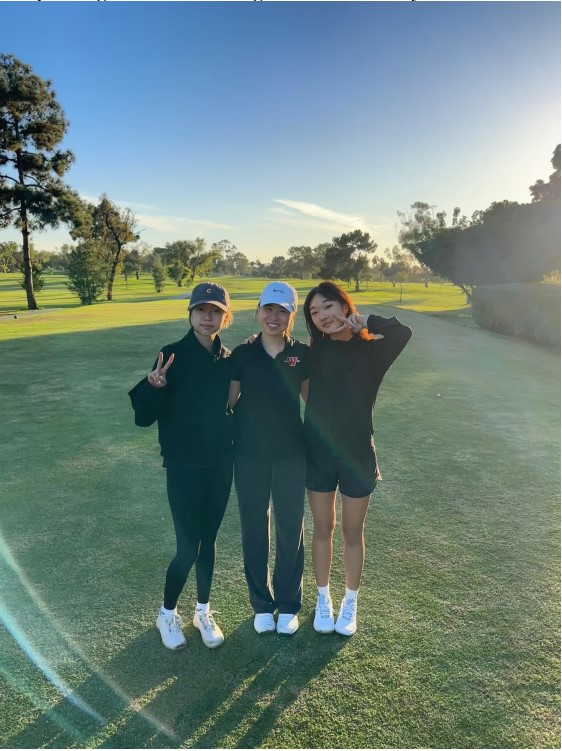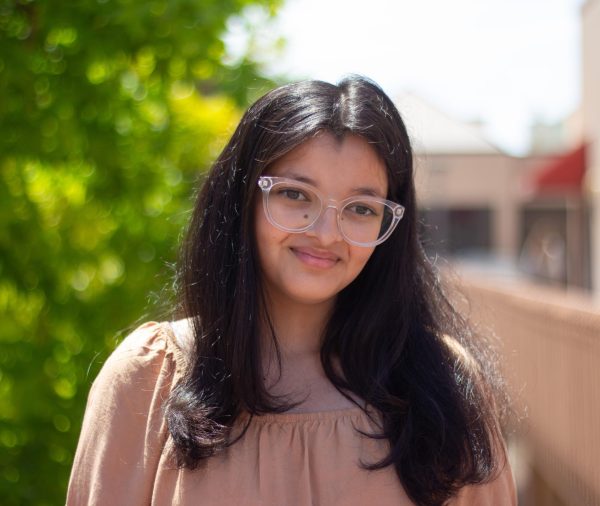Every single student has met with their counselor at least once, whether for a schedule change, social and emotional support, or for academic and career guidance. To understand what goes on behind the scenes of the counseling department, I interviewed two counselors, Elizabeth Taylor and Heather Bethmann, to understand how they ended up in school counseling and what students can do if they have an interest in the field.
Both counselors never started their careers with the impression that school counseling was where their journey would take them, yet that is where their passion led them. Taylor, a counselor to ninth-twelfth grade students, started college with a communications major, as she wanted to go into TV or news reporting. She grew up with lots of educators around and she worked with kids for many reasons, such as a conflict mediator.
“I had experience with babysitting, I worked with kids, I did a-lot of programming through jobs that correlated working with kids, my parents were educators, and so I kinda lived in the education world and even in middle school I was a conflict mediator and so there was a lot of little signs throughout my growing up were I felt connected to working with students in some capacity,” Taylor said.
As she continued growing up, she ran into her counselor at a coffee shop, and was able to understand what their job was all about, and she was able to deepen her interest in the field. Once she switched majors during college, she was able to get a position at Woodbridge High, which started as a part-time position where she led group sessions along with doing different counseling tasks. Eventually, she got a full-time position as a counselor at Woodbridge High in 2005 as-well as later on, becoming a department chair leader.
Similarly, Bethamnn, counselor for students ninth-twelfth grade, last names ninth-twelfth graders SO-Z, first worked as an elementary school teacher for many years before making the switch over to high school counseling at Woodbridge High in 2011.
At first, she started to study to become an elementary school teacher and eventually got her credentials and worked in Tustin as a third-grade, fourth-grade, and second-grade elementary school teacher for eight years. However, once she had kids of her own, she wanted a change and did not want to go back into education as a teacher but as something else within the field which is when she turned to high school counseling.
“I did get my teaching credentials. I taught elementary school in Tustin for 8 years and I taught mostly third grade but I had fourth and I had second so I did that for eight years and loved it, loved the kids, and I knew that education was a home for me. I had my own children and then when I was thinking about coming back to education I didn’t think I wanted to be in the classroom but I still wanted to be in education cause I felt like it was meaningful to me. I liked helping people and I
loved kids and I loved the idea of school counseling because you get to work with kids in a different way than you do as
a teacher,” Bethmann said.
Both Taylor and Bethmann agree that even though you may start your college path having a completely different major, it’s never too late to switch to counseling if you have a passion for it.
Bethman said, “We can all come at it from different ways. You don’t need to have a certain major; you could be a biology major and decide that you want to go into school counseling.”
The two counselors stated that on top of the love to work and help kids and the commitment to the years of schooling, certain skills are needed to be the best possible counselor such as problem-solving, communication, creative thinking, and many more.
For them, learning these skills was not a part of their education, rather they were skills they learned on the job as they got more experience. When deciding on their career change, both counselors were able to shadow a counselor they knew which helped them to understand what the job is all about and they highly suggested that students interested in counseling do the same to get a better understanding of what the job is all about and if it is something that they are truly wanting to do before making the big decision.
Bethmann stated, “If they can to just take a day and see what it’s like here come here and sit with me and you know I’ve had previous students do that and just see what it’s like [… ]cause you don’t know until you see it in action and get to see and get to see even though one day probably won’t be enough you would get a general idea of what it would be like so I think
shadowing to see if that’s really what you want to do before you commit to a program where your spending a-lot of money and getting the required degrees.”
To conclude, although they do agree that some days are very tough for them because there are kids who are struggling with suicidal thoughts and mental health issues, and certain policies that they must follow which don’t always guarantee what the student may prefer overall, both speak very highly of the job and encourage students to pursue the job as it was incredible working with the kids and families as well as other counselors and staff within the district.




